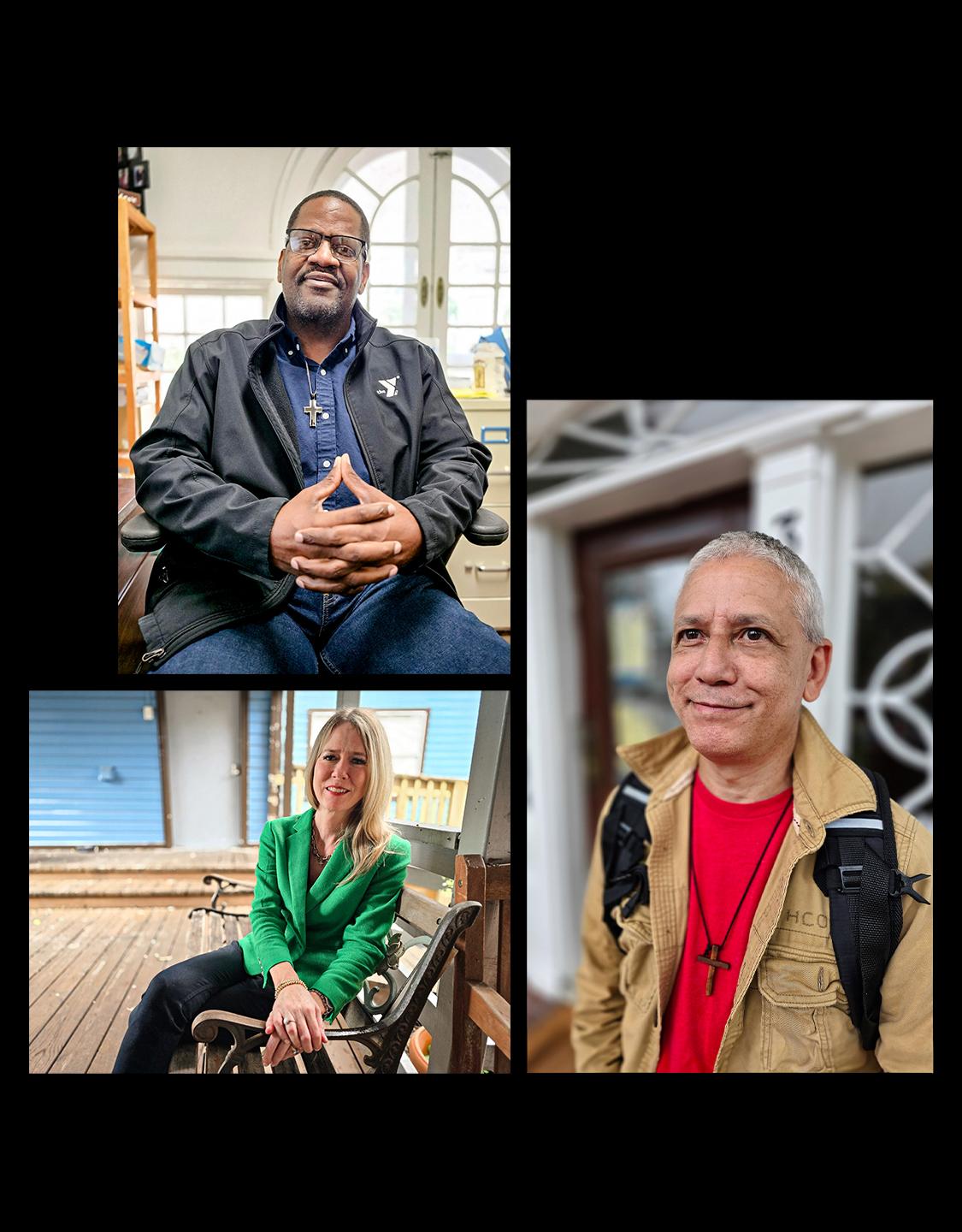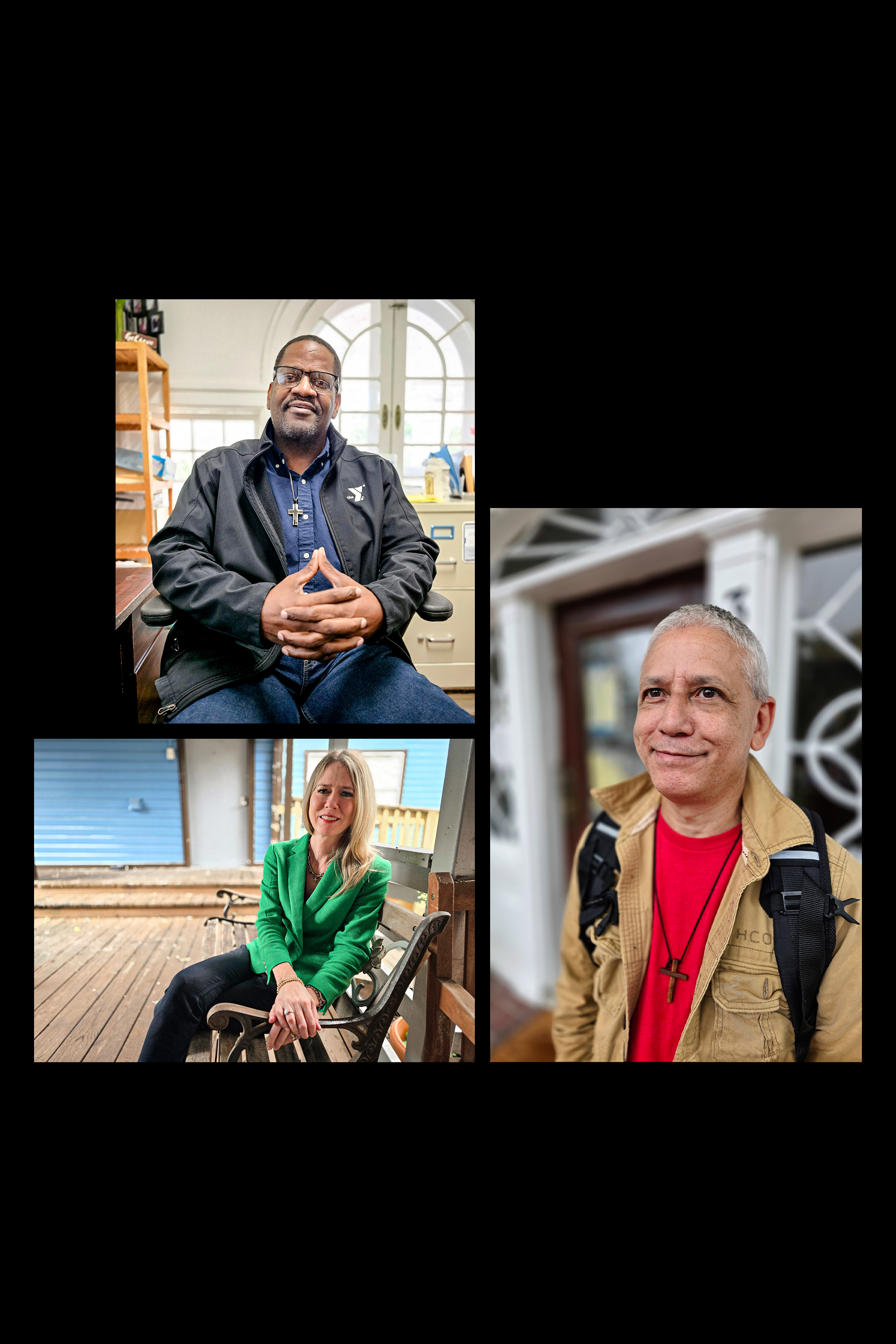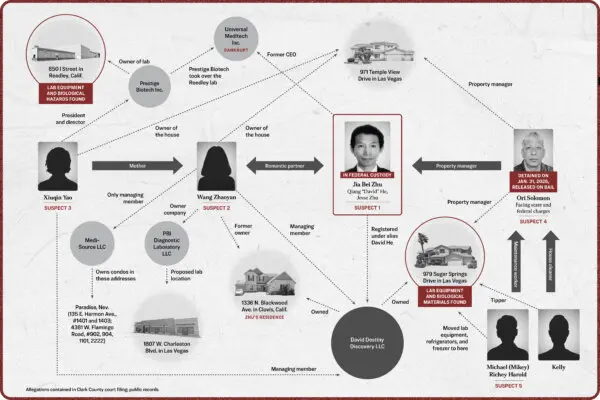HOUSTON—He was hungry, alone, and struggling to survive on the streets of Houston, but somehow, Caesar Pena knew kinder days were just ahead of him.
“I’m a spiritual person. I pray a lot. I wasn’t lazy about being homeless,” said the silver-haired Pena, 56.











